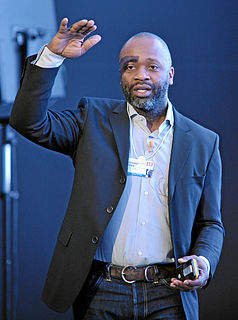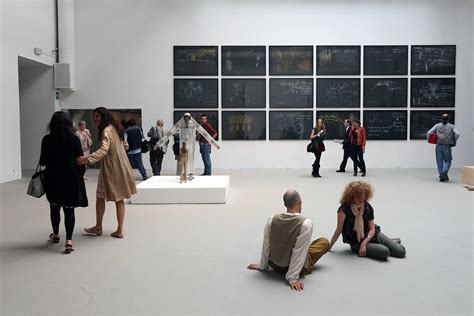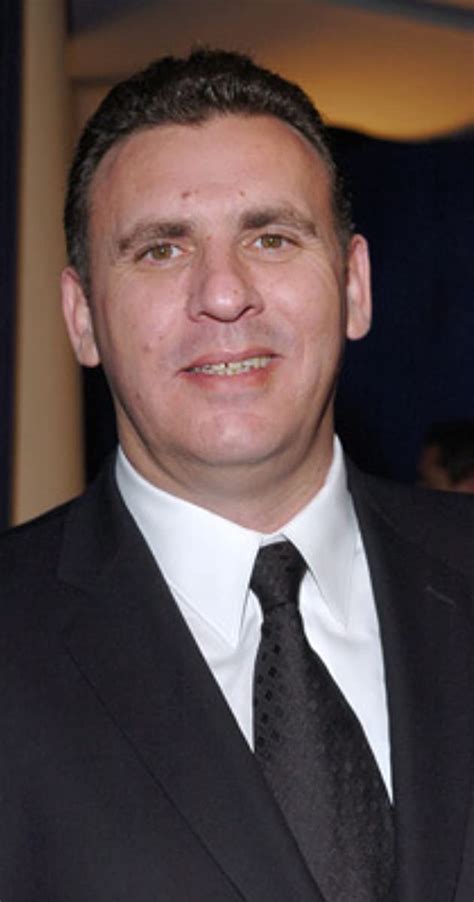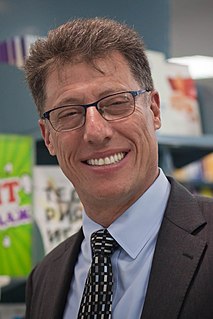A Quote by Theaster Gates
It's not really about the material. It's about our capacity to shape things.
Related Quotes
Our culture is hung up on and overemphasises what can be derived from material objects. I think this is something quite new, over the past 200 or 300 years - that life has become about accumulating material wealth. The 21st century is not about accumulating material wealth like the 20th century. It's already eroding.
There's a reason that so much good material is coming down to the small presses: it's difficult to turn a profit, all things considered. But you can't go into small press publishing and complain about the money. Our Little Island publishing just needs to survive. If we're still around in a few years - in vaguely the same shape as we are today - then, to me, that's success.
There are things that I am passionate about, whether it's the season or just kind sort of what is necessary for culture. I like the idea that I can shape the culture in any shape or form that I can in whatever topic. But a lot of times, for me, it is about representing "the other," whoever "the other" is.
It [moviemaking] is not really done on a yearly basis. It's about how the material, and when the material comes in. If you develop your material and the script comes in great and you can attach a director and a cast and go off and make it, then I could make, I don't know, six [movies] a year. Or I could make one. It really depends.
My writing is of a very different kind from anything I've heard about. All this mythological material is out there, a big gathering of stuff, and I have been reading it for some forty- or fifty-odd years. There are various ways of handling that. The most common is to put the material together and publish a scholarly book about it. But when I'm writing, I try to get a sense of an experiential relationship to the material. In fact, I can't write unless that happens ... I don't write unless the stuff is really working on me, and my selection of material depends on what works.
If you raise your standards but don't really believe you can meet them, you've already sabotaged yourself. You won't even try; you'll be lacking the sense of certainty that allows you to tap the deepest capacity that's within you... Our beliefs are like unquestioned commands, telling us how things are, what's possible and impossible and what we can and can not do. They shape every action, every thought and every feeling that we experience. As a result, changing our belief systems is central to making any real and lasting change in our lives.







































